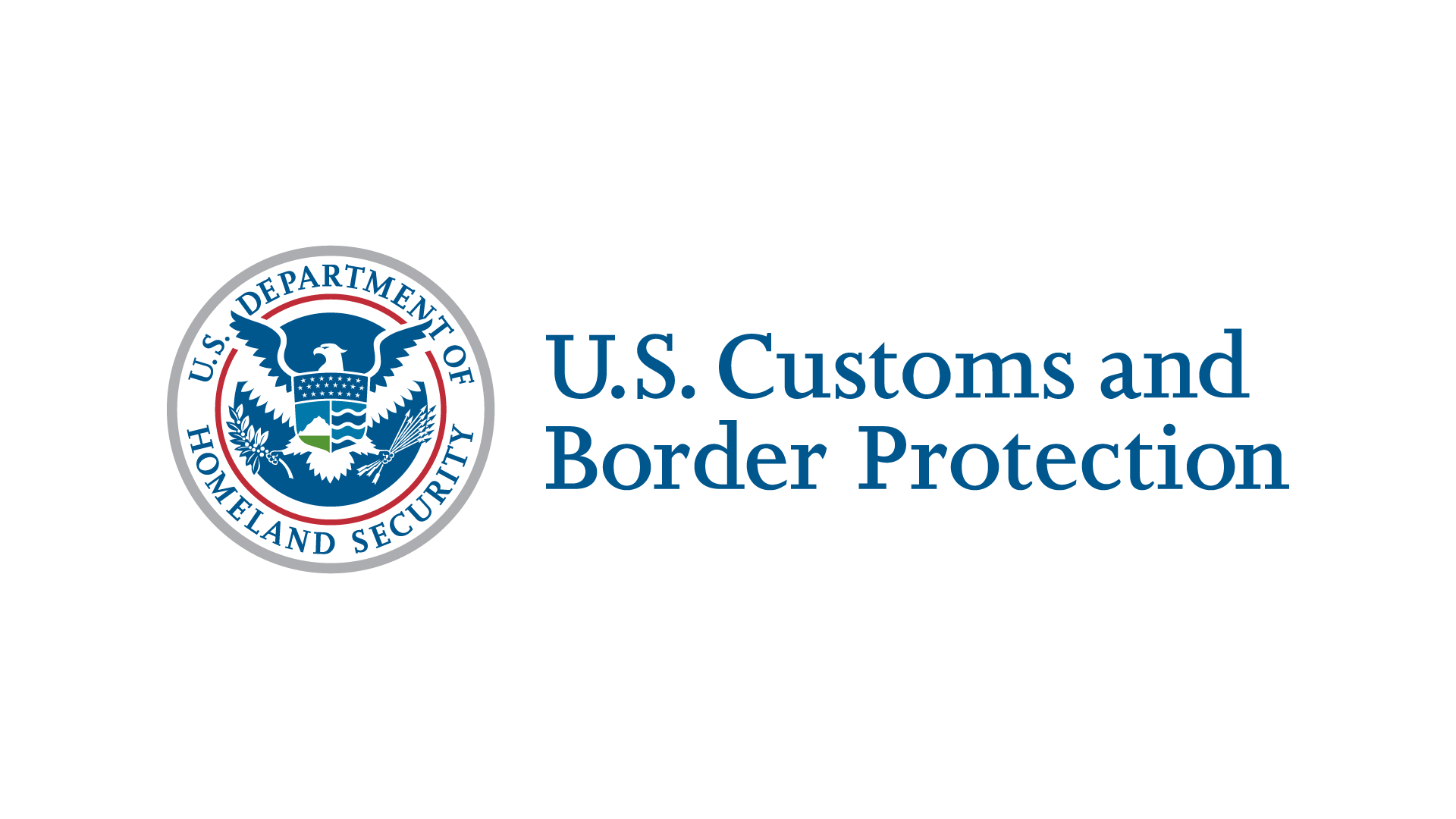News Post
USITC REPORT CONCERNING THE AGOA PROGRAM AND ITS IMPACT ON SUB-SAHARAN AFRICA
April 17, 2023
News Release 22-035
Inv. No(s). 332-589
Contact: Jennifer Andberg, 202-205-1819
USITC RELEASES REPORT CONCERNING THE AGOA PROGRAM AND ITS IMPACT ON SUB-SAHARAN AFRICA’S ECONOMIC DEVELOPMENT AND WORKERS
The U.S. International Trade Commission (USITC) today released its report African Growth and Opportunity Act (AGOA): Program Usage, Trends, and Sectoral Highlights (Inv. No. 332-589). This investigation and report were requested by the U.S. House of Representatives Committee on Ways and Means in a letter received on January 19, 2022.
As requested, the USITC, an independent nonpartisan factfinding federal agency, conducted an investigation to gather information on and analyze the AGOA program’s usage and impact in sub-Saharan Africa (SSA). This report provides information and analysis on the background and requirements of the AGOA program, utilization rates, trends in U.S. imports under AGOA, and the impact of the program on regional integration, workers, underserved communities, economic development, job growth, and poverty reduction. The report also includes case studies on four industries present in SSA: apparel, cotton, cocoa, and certain chemicals.
The report finds that the impact of the AGOA program on beneficiary countries can be substantial depending on the sector, especially apparel. Moreover, although the influence throughout SSA as a whole has been minimal, interviews by Commission staff, fieldwork, and some academic literature indicate that AGOA may have had a positive impact in key areas such as poverty reduction and job growth in some countries. The effect was found to be particularly important in the apparel sector and among underserved groups, such as women. Anecdotal evidence indicated that while meeting AGOA eligibility requirements created a positive impact on workers and poverty reduction, the loss of program eligibility due to failure to meet program requirements had a negative impact on beneficiary economies and regional integration.
Additional highlights from the report include:
AGOA benefits accrue to a subset of countries and sectors within SSA. Over three-quarters of non-crude petroleum imports under AGOA originated from five countries during 2014–21: South Africa, Kenya, Lesotho, Madagascar, and Ethiopia. Countries with lower utilization rates typically have few exports to the United States in general, or their primary traded goods are not eligible for AGOA preferences or are already duty free under normal trade relations.
The SSA apparel sector has benefited substantially from the AGOA program. Of non-petroleum imports under AGOA, imports of textile and apparel constitute the largest share. Duty savings of up to 30 percent and the third-country fabric provision have allowed multiple countries to expand their manufacturing capacity. Employment in this sector has provided an avenue for women to enter the formal economy and earn relatively high wages. While there remains little direct usage of SSA-grown cotton and a reliance on East Asian mills for yarn and fabric, there are some limited examples of regional integration connecting SSA producers of textile inputs to apparel manufacturers.
Agricultural products like cotton and cocoa are important sectors for a number of SSA economies. Growing these crops employs millions of farmers across the region, and their export is critical for accessing foreign exchange. Cocoa processing operations in the region allow the export of higher-value commodities like cocoa butter and powder. However, growing cotton and cocoa provides low income and therefore does not provide a reliable pathway for poverty reduction. Additionally, higher income cocoa processing employment is limited. Child work and child labor are present in the industries, particularly on family farms.
Despite the SSA region’s access to ample feedstocks, the chemical industry’s potential impact across the region is limited, and substantial development will likely depend on mitigating competitive infrastructure weaknesses. South Africa is the only AGOA beneficiary or SSA country with an established and comparatively diversified chemical industry, but its growth beyond basic and commodity chemicals has been hindered because of unreliable transportation, water shortages, and a lack of dependable electricity.
African Growth and Opportunity Act (AGOA): Program Usage, Trends, and Sectoral Highlights (Inv. No. 332-589, USITC Publication 5419, March 2023) is available on the USITC website at https://www.usitc.gov/sites/default/files/publications/332/pub5419.pdf.
About factfinding investigations: USITC general factfinding investigations, such as this one, cover matters related to tariffs, trade, and competitiveness and are generally conducted under section 332(g) of the Tariff Act of 1930 at the request of the U.S. Trade Representative, the House Committee on Ways and Means, or the Senate Committee on Finance. The resulting reports convey the Commission’s objective findings and independent analyses on the subjects investigated. The Commission makes no recommendations on policy or other matters in its general factfinding reports. Upon completion of each investigation, the USITC submits its findings and analyses to the requester. General factfinding investigation reports are subsequently released to the public, unless they are classified by the requester for national security reasons.

